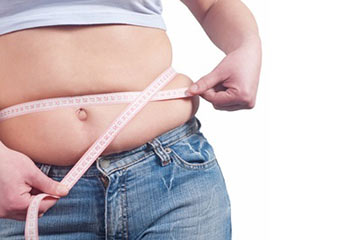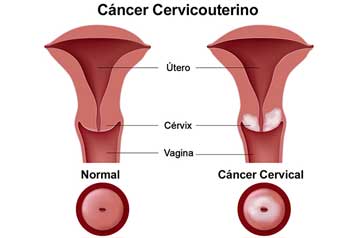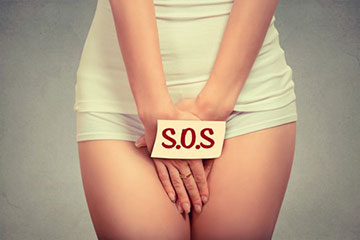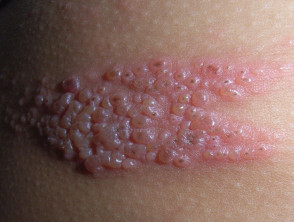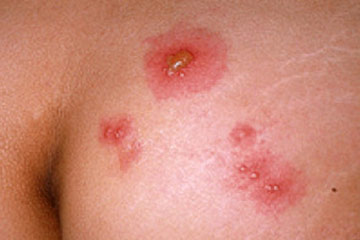Pets and Salmonella Infection
How do I know if my dog or cat has Salmonella infection?
- Dogs and cats that become ill from Salmonella infection generally will have diarrhea that may contain blood or mucus. Affected animals may seem more tired than usual, and may have a fever or vomit.
- Some cats do not have diarrhea, but will have a decreased appetite, fever, and excess salivation.
- Some dogs or cats may have Salmonella infection but may not appear to be sick.
If your dog or cat has these signs of illness or you are concerned that your pet may haveSalmonella infection, please contact your pet's veterinarian. Let your veterinarian know if your pet recently consumed a recalled product. Do not feed your pet any more of the recalled products. Dispose of the products immediately.
How are Salmonella infections diagnosed and treated in dogs, cats, and other animals?
A veterinary examination and laboratory tests can be used to diagnoseSalmonella infection in animals. Salmonella infections may require prompt treatment with supportive care and fluids. Treatment of Salmonella infections with antibiotics may be necessary for severe cases and hospitalization in a veterinary clinic may be required. Your pet's veterinarian is the best source of advice on your pet's health.
What can I do to prevent the spread of Salmonella germs from my pets?
Salmonella infections are a zoonotic disease, meaning that the infection can spread between animals and people. Salmonella germs are transmitted from animals to humans and humans to humans by the fecal oral route. Salmonella germs can be shed in the stool of pets for 4 to 6 weeks after infection.
If your pet is diagnosed with Salmonella infection, please talk to your veterinarian about taking precautions to minimize spread of this germ. A mild bleach solution can be used to clean areas that may be contaminated with Salmonella germs.
Follow these simple guidelines to prevent getting a Salmonella infection from your pet:
- After contact with animal feces (stool), wash your hands well with soap and running water. Wash your hands as directed in the handwashing instructions.
- Be sure to wash your hands with soap and running water after handling or feeding your pet. Wash your hands as directed in the handwashing instructions.
- Clean up after your pet. If you have a dog, use a plastic bag to pick up the stool, and clean up the stool while on walks or from the yard and dispose of the stool in a tightly sealed plastic bag. If you have a cat, scoop the litter box daily and dispose of the stool in a tightly sealed plastic bag.
- Do not share food with your pets.
Source
Multistate Outbreak of Human Salmonella Infantis Infections Linked to Dry Dog Food (Final Update)
Centers for Disease Control and Prevention
Related Topics
GeoSalud, october 13, 2012

